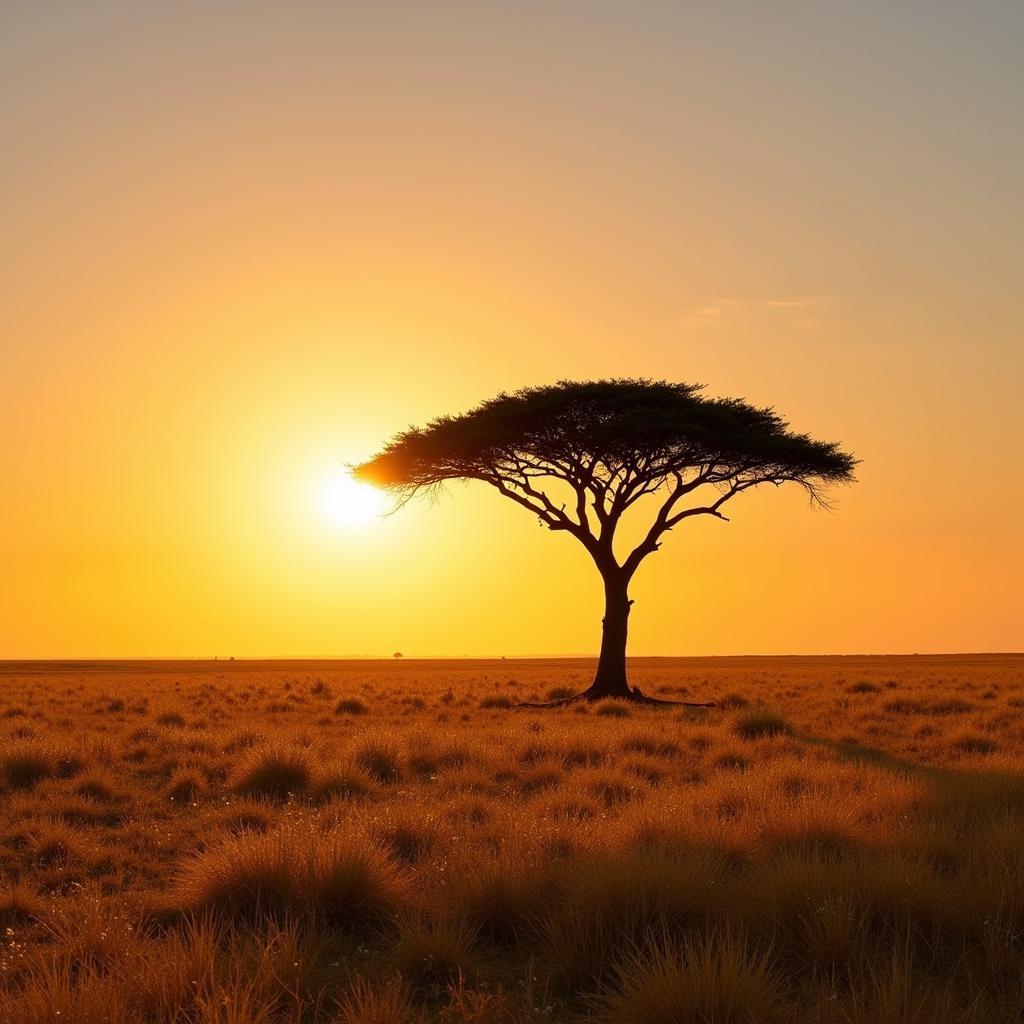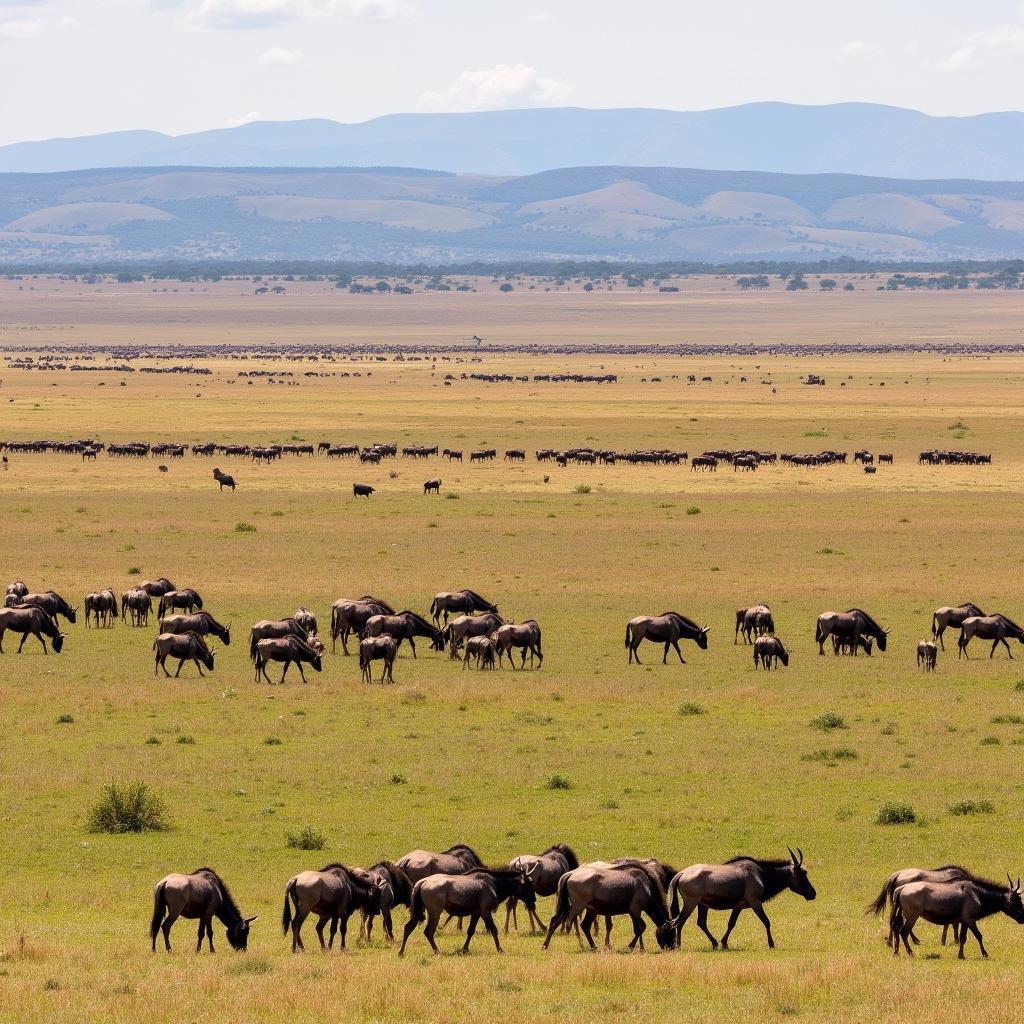Unveiling the African Black-Footed Cat: A Tiny Predator with a Mighty Roar
The African black-footed cat, a diminutive predator dwelling in the arid landscapes of southern Africa, is a fascinating creature. Despite its charming size, it’s known for its fierce hunting prowess and distinctive black footpads, giving it its descriptive name. This article dives deep into the life of this remarkable feline, exploring its habitat, behavior, and conservation status.
African Black-Footed Cat: The Smallest Cat in Africa
The African black-footed cat ( Felis nigripes) holds the title of the smallest wild cat in Africa, and one of the smallest in the world. These miniature predators typically weigh between 1.6 to 2.4 kg, with males slightly larger than females. Their sandy-colored fur, speckled with dark spots and stripes, provides excellent camouflage in their dry, grassy habitats. Their defining feature, the black pads on their paws, helps them navigate the scorching sands of their home. Want to know more about other African creatures? Check out this article about the african ground squirrel.
Habitat and Distribution: Where Does the African Black-Footed Cat Live?
These small but mighty hunters are found primarily in the dry grasslands and savannas of southern Africa, including Botswana, Namibia, and South Africa. They prefer areas with sparse vegetation and sandy soil, which are ideal for their hunting strategies. Their distribution is patchy and limited by the availability of their preferred prey. For exciting encounters with African felines, you might be interested in the african cats adventure.
A Nocturnal Hunter: The African Black-Footed Cat’s Diet and Hunting Techniques
The African black-footed cat is a predominantly nocturnal hunter, venturing out under the cover of darkness to stalk its prey. Their diet consists primarily of small rodents, birds, insects, and reptiles. Remarkably efficient hunters, they are known to kill up to 14 small animals in a single night.
How Does the African Black-Footed Cat Hunt?
The black-footed cat utilizes two main hunting techniques: ambushing and active pursuit. They often lie in wait near rodent burrows, patiently waiting for an unsuspecting meal to emerge. Alternatively, they actively stalk their prey, using their keen senses and incredible speed to capture their quarry. Dr. Sarah Jones, a wildlife biologist specializing in African felines, notes, “The black-footed cat’s hunting efficiency is truly astounding. Their small size belies their predatory prowess.” They also have adaptations to survive in harsh environments. For more about such adaptations in the African ground squirrel, take a look at african ground squirrel adaptations.
Conservation Status: Protecting the African Black-Footed Cat
The African black-footed cat is currently classified as “Vulnerable” by the International Union for Conservation of Nature (IUCN). The primary threats to their survival include habitat loss due to agriculture and human encroachment, as well as persecution by farmers who mistakenly believe they prey on livestock. Conservation efforts are focused on protecting their habitat and raising awareness about their importance in the ecosystem.
Conclusion: The Future of the African Black-Footed Cat
The African black-footed cat, though small in stature, plays a vital role in the delicate balance of its ecosystem. Continued conservation efforts are crucial to ensure the survival of this unique and fascinating feline. By understanding the threats they face and supporting initiatives that protect their habitat, we can contribute to the long-term survival of the African black-footed cat.
FAQ
- What is the average lifespan of an African black-footed cat?
- What are the physical characteristics of an African black-footed cat?
- What is the role of the African black-footed cat in its ecosystem?
- What are the main threats to the African black-footed cat population?
- What conservation efforts are being implemented to protect the African black-footed cat?
- How can I contribute to the conservation of the African black-footed cat?
- Where can I learn more about the African black-footed cat?
Common Scenarios and Questions
- Scenario: You see an African black-footed cat while on safari. Question: What should I do?
- Scenario: You are a farmer in southern Africa. Question: How can you protect your livestock without harming the African black-footed cat?
Further Exploration
Explore more about African wildlife by reading our articles on the african brown snake.
Need Help?
For assistance, please contact us at Phone Number: +255768904061, Email: [email protected] or visit us at Mbarali DC Mawindi, Kangaga, Tanzania. We have a 24/7 customer service team.


